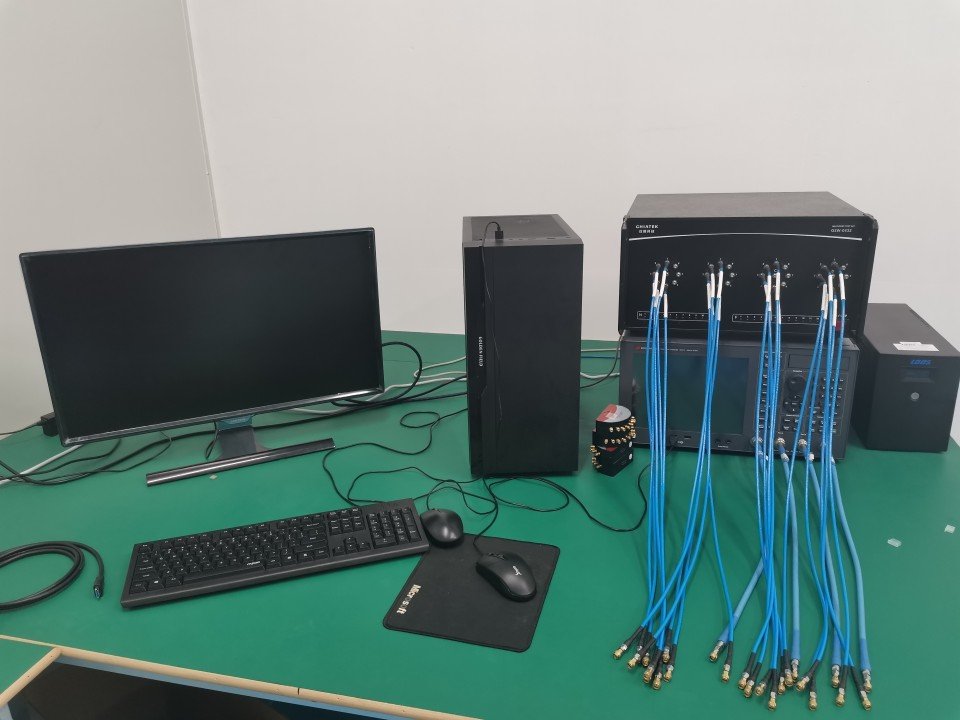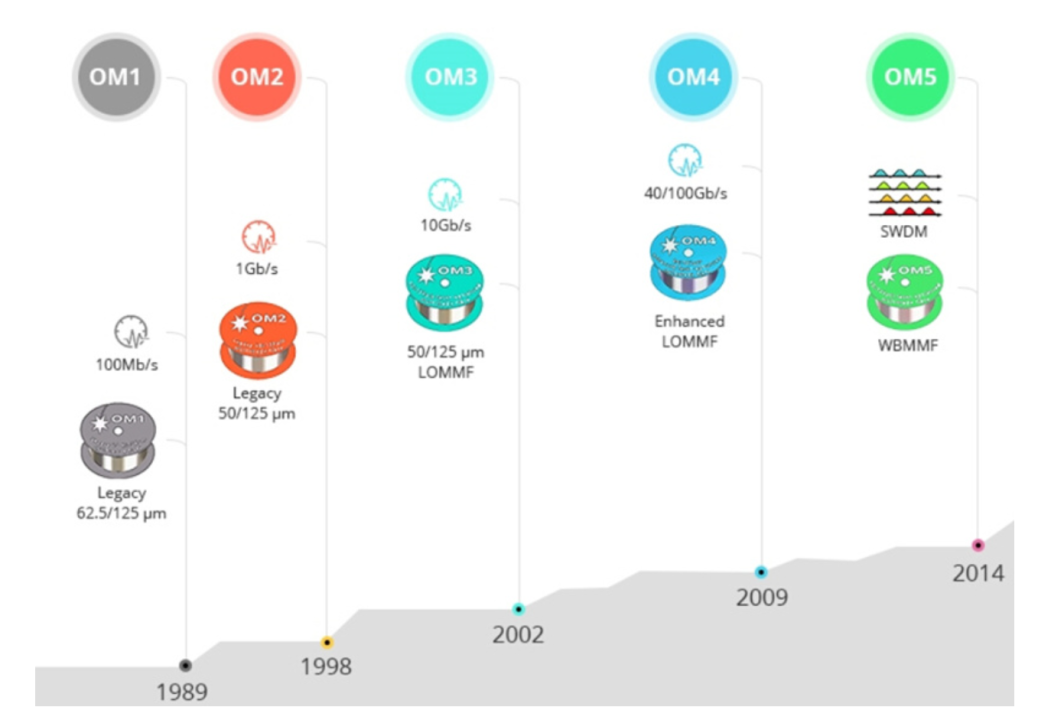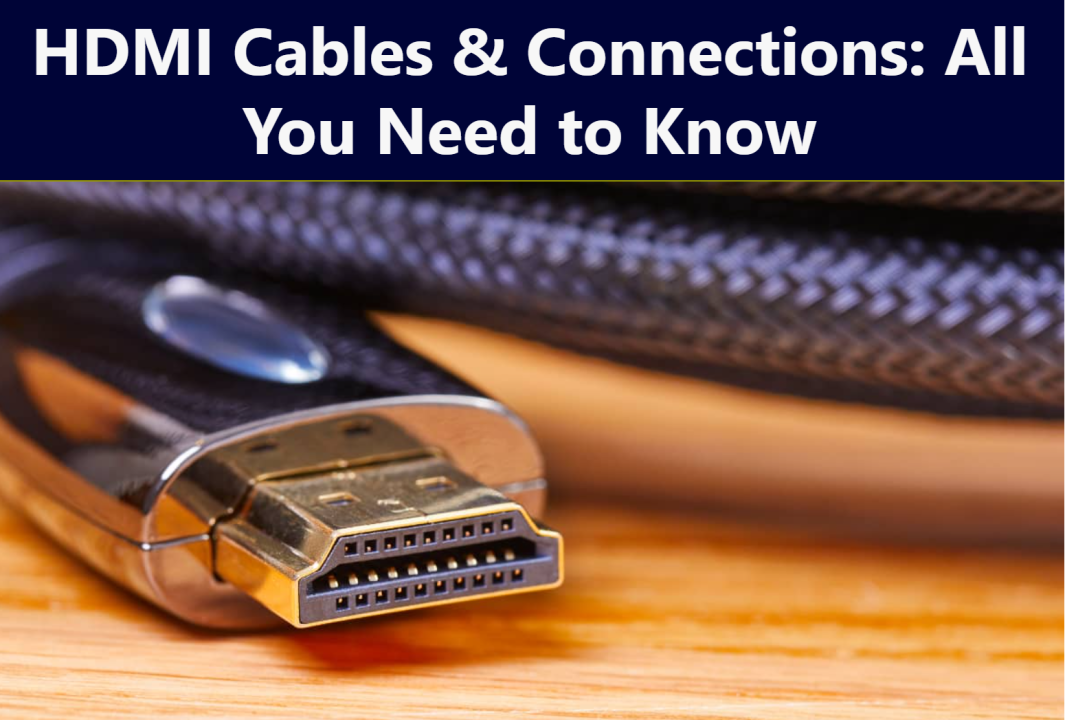Table Of Content
Table Of Content
As a professional #cable assy. manufacture vendor, Do you know the difference between cables that can pass #TDR testing and cables that cannot pass #TDR?
Certainly, #Time Domain Reflectometry (TDR) testing is a crucial method for assessing the characteristics and performance of cables, especially in the field of cable assemblies. Here are some key differences between cables that can pass TDR testing and those that cannot:
- Impedance Matching:Cables designed to pass TDR testing typically have precise impedance matching throughout their length. This is crucial for minimizing signal reflections. Proper impedance ensures that the signal travels smoothly through the cable without significant loss or distortion.
- Signal Integrity:Cables passing TDR testing exhibit good signal integrity. They have low levels of signal distortion, ensuring that the transmitted signal closely resembles the original waveform. This is particularly important for high-frequency applications.
- Connector Quality:Cables that pass TDR testing often use high-quality connectors with tight tolerances. Connectors play a significant role in maintaining signal integrity, and well-made connectors contribute to the cable’s ability to transmit signals accurately.
- Cable Construction and Shielding:The construction of the cable and the effectiveness of its shielding are critical. TDR testing helps identify issues such as impedance mismatches, cable discontinuities, or faults in the shielding that can lead to signal reflections. Well-constructed cables with proper shielding are more likely to pass TDR testing.
- Propagation Delay and Velocity of Propagation (Vp):TDR testing assesses parameters like propagation delay and Velocity of Propagation (Vp). Cables designed for TDR testing often have consistent characteristics, and manufacturers provide specifications for these parameters to ensure accurate signal transmission.
- Attenuation:Cables that pass TDR testing typically have low levels of signal attenuation, especially at higher frequencies. Lower attenuation allows signals to travel longer distances without significant degradation.
- Twist Rates and Pairs Matching (for Twisted Pair Cables):In the case of twisted pair cables, TDR testing can reveal issues related to inconsistent twist rates or pair matching. Cables with uniform twisting and pair matching are more likely to pass TDR tests.
- Application Areas:Cables passing TDR testing are often used in applications where signal integrity and accuracy are critical, such as high-speed data transmission, telecommunications, networking, and other scenarios involving precise timing.
- Compliance with Standards:Cables designed to pass TDR testing are usually manufactured in compliance with industry standards and specifications. Compliance with standards helps ensure that the cables meet the requirements for specific applications.
- Quality Control Processes:Manufacturers of cables that pass TDR testing typically have robust quality control processes in place. This includes thorough testing and inspection during the manufacturing process to identify and rectify any issues that may affect cable performance.
In summary, cables that can pass TDR testing are characterized by their precise impedance matching, good signal integrity, high-quality connectors, proper construction and shielding, consistent propagation characteristics, low attenuation, and suitability for applications demanding accurate signal transmission. Regular testing and adherence to industry standards contribute to the overall quality of these cables.
WE STAR FIRE Tech, as a professional and reliable connectivity solution| optical fiber communication manufacturing vendor since 2006, the cables design and produce/ sell by our company always pass the TDR testing. we invested 2 sets TDR testing equipment and total spent over USD500,000, this is in order to ensure to meet our product with high performance.
In addition to TDR testing, our cables also pass salt spray testing, plug and pull testing, tensile testing, swing testing, impedance testing, bending resistance testing, aging testing and more…








If you would like to find a reliable partner, Pls. kindly contact us at sales@starfiretechcn.com













